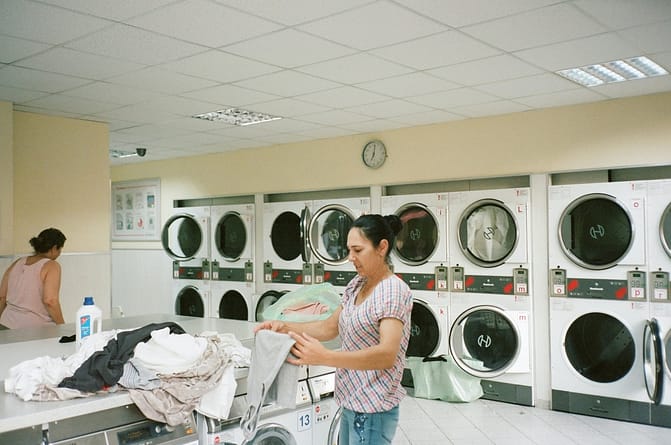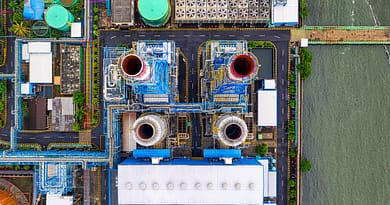Best Eco-Friendly Washing Machine and Its Types
A washing machine is an essential household appliance that has revolutionized the way we do laundry. Instead of hand-washing clothes, which can be time-consuming and physically demanding, washing machines offer a more convenient and efficient way to clean clothes. With a variety of models and features available, washing machines can accommodate different load sizes, fabric types, and cleaning preferences. They use a combination of water, detergent, and mechanical action to remove dirt and stains from clothes, and can also rinse and spin dry them. From top-loading to front-loading machines, and from basic to high-tech models, washing machines have become an indispensable tool for modern households. Next we will discuss Eco-Friendly washing machine and its types.
Eco-Friendly Washing Machine
An eco-friendly washing machine is designed to reduce its environmental impact while still providing effective cleaning performance. These machines use advanced technologies to minimize water and energy consumption, as well as reduce the amount of detergent and fabric softener needed for each load.
Eco-Friendly Washing Machines Features
Some features that eco-friendly washing machines may have include:
Energy Star certification: This means the washing machine has been independently tested and meets or exceeds energy efficiency standards set by the U.S. Environmental Protection Agency.
Low water consumption: Eco-friendly washing machines typically use less water than traditional machines, which reduces water waste and saves energy needed to heat the water.
Low energy consumption: These machines use less energy to power the motor, pump water, and spin the drum, resulting in lower energy bills and reduced carbon footprint.
Shorter wash cycles: Eco-friendly washing machines may have quick wash cycles that clean clothes in a shorter amount of time, which saves both energy and water.
Eco-friendly detergent dispenser: Some eco-friendly washing machines have a detergent dispenser that automatically measures the correct amount of detergent needed for each load, reducing waste and improving cleaning efficiency.
Recycled materials: Many manufacturers are now using recycled materials in the construction of their washing machines, reducing waste and conserving natural resources.
Overall, an eco-friendly washing machine is a great choice for anyone who wants to reduce their impact on the environment while still having a clean and fresh laundry. With advancements in technology and more awareness of environmental issues, eco-friendly washing machines are becoming increasingly popular and widely available.
5 Most Common Types of Eco-Friendly Washing Machine
There are a few types of eco-friendly washing machines available on the market today. Here are some of the most common types:
- Front-loading washing machines: Front-loading washing machines are typically more energy-efficient than top-loading machines. This is because they use less water and require less energy to spin clothes dry.
- High-efficiency top-loading washing machines: High-efficiency top-loading washing machines are designed to be more energy-efficient than traditional top-loading machines. They typically use less water and energy and have larger capacities than traditional top-loading machines.
- Compact washing machines: Compact washing machines are designed for people who live in small spaces or have limited laundry needs. They use less water and energy than full-sized machines and are often more affordable.
- Portable washing machines: Portable washing machines are ideal for people who live in apartments or other small spaces. They use less water and energy than full-sized machines and can be easily transported.
- Washers with Energy Star certification: Energy Star certified washing machines are designed to be more energy-efficient than standard machines. They use less water and energy and are more efficient at cleaning clothes.
Next Emerging Technology for Cloth Cleaning
There are several emerging technologies that could revolutionize cloth washing in the future. One possibility is the use of ultrasonic waves to remove dirt and stains from clothes without the need for detergent or water. Another possibility is the development of smart washing machines that use sensors and artificial intelligence to optimize the washing process and reduce water and energy consumption. Nanotechnology could also be used to create self-cleaning fabrics that resist stains and odors. Additionally, some researchers are exploring the use of enzymes and microbes to break down dirt and stains in a more sustainable and eco-friendly way.






